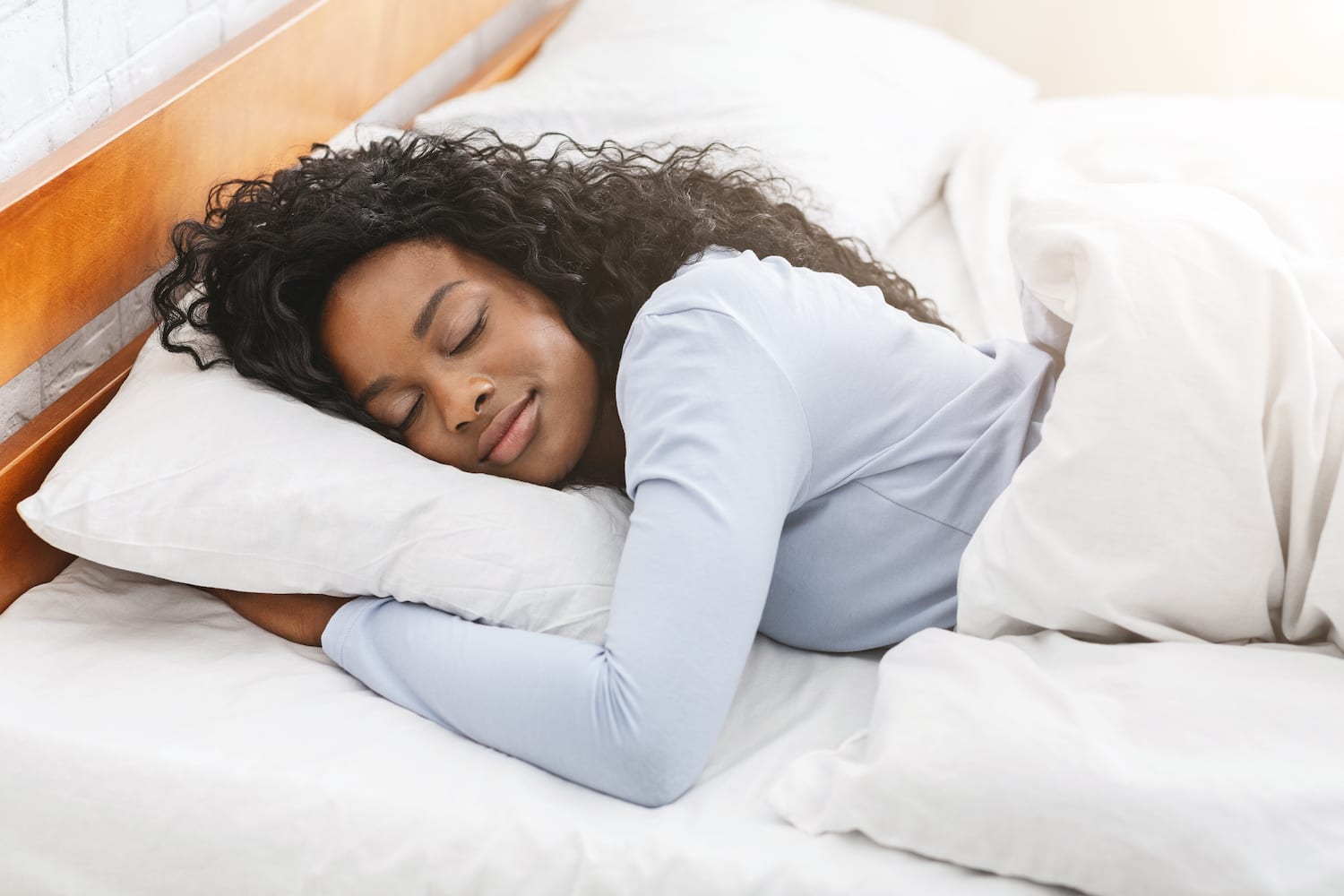In honour of International Women’s Day on March 8th, we will be looking at sleep differences between women and men. While it may be easy to think that something like sleep affects both genders the same way, this is not necessarily the case. Here are a few of the major differences in sleep habits among women.
/wp:paragraphwp:paragraph
Amount of sleep required
/wp:paragraphwp:paragraph
The average adult requires around 7-9 hours of sleep each night, though women tend to do better with a little more than that. What you may not know is that women have more trouble fulfilling this requirement more than men do. This is often because of a few minor differences in both the REM sleep cycle and the circadian rhythm (AKA your internal clock) for women. While the differences are very subtle, it can still add up and affect a woman’s sleep cycle significantly more.
/wp:paragraphwp:paragraph
Insomnia and other sleep disorders
/wp:paragraphwp:paragraph
This includes sleep apnea, and chronic insomnia just to name a few. Did you know that women are 40% more likely than men to experience insomnia in their lifetime? Insomnia in women also comes with more symptoms than in men. And let’s not forget about sleep apnea, while it is diagnosed in men more often, women can still get it too and sadly, a lot of sleep apnea cases in women go mis-diagnosed because of how common it is in men.
/wp:paragraphwp:paragraph
Hormones
/wp:paragraphwp:paragraph
One of the biggest factors of sleep differences amongst the genders! A shift in hormone production throughout a woman’s life can create sleeping issues. This starts as early as puberty, once a woman starts menstruating. A drop in hormone production before a woman’s menstrual cycle can cause physical and emotional effects, which include a lack of sleep. Pregnancy also brings a significant change in hormone production that can interfere with a woman’s sleep cycle not only throughout pregnancy, but in the post-partum stage as well. Finally, menopause has been known to create many sleep disturbances in women, thanks to many symptoms such as hot flashes and night sweats.
/wp:paragraphwp:paragraph
Contact us for more information.
/wp:paragraph


